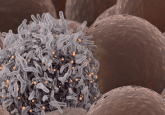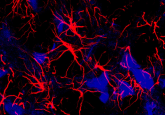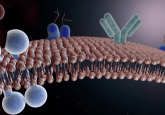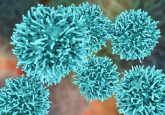Plain language summary of the final results from the DESTINY-Breast01 study
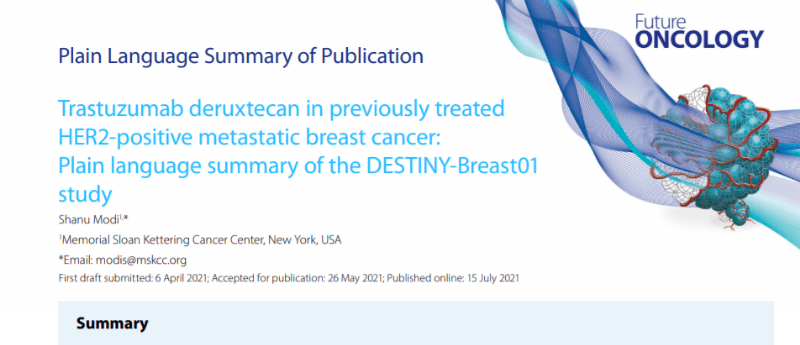
Abstract
This is a summary of the article discussing the results of the DESTINY-Breast01 study originally published in the New England Journal of Medicine. The DESTINY-Breast01 study is a clinical study in participants with a type of breast cancer called HER2-positive breast cancer. The participants in the study received a treatment called trastuzumab deruxtecan, also known as T-DXd. The purpose of this summary is to help you understand the results of the DESTINY-Breast01 study. T-DXd is currently available as a treatment for adults with HER2-positive breast cancer that cannot be removed by surgery, also called unresectable, or that has spread, also called metastatic. In the DESTINY-Breast01 study, all the participants had HER2-positive breast cancer that was metastatic or unresectable. All participants were required to have had previous treatment for their HER2-positive breast cancer with another treatment, called trastuzumab emtansine or T-DM1. All the participants received T-DXd every 3 weeks. Part 1 was done to learn how T-DXd acted in the body, and to choose a dose to give to all the participants in Part 2. In Part 2, 184 participants received T-DXd at 5.4 mg/kg and the results showed that T-DXd reduced tumor growth. Up to 60.9% of the participants had their tumors shrink or disappear, with a treatment response that lasted for nearly 15 months on average. The participants lived with their cancer for around 16 months before it got worse. During the study, 183 out of 184 participants had side effects, known as adverse events. The most common adverse event was nausea. There were 42 participants (22.8%) who had serious adverse events, including lung toxicity. These results suggest that T-DXd could be a treatment option for people with metastatic HER2-positive breast cancer who have already been treated with T-DM1. Additional studies will provide more information and results about T-DXd.
Trial Registration number: NCT03248492 ( ClinicalTrials.gov)
View the plain language summary that accompanies this paper here >>>
